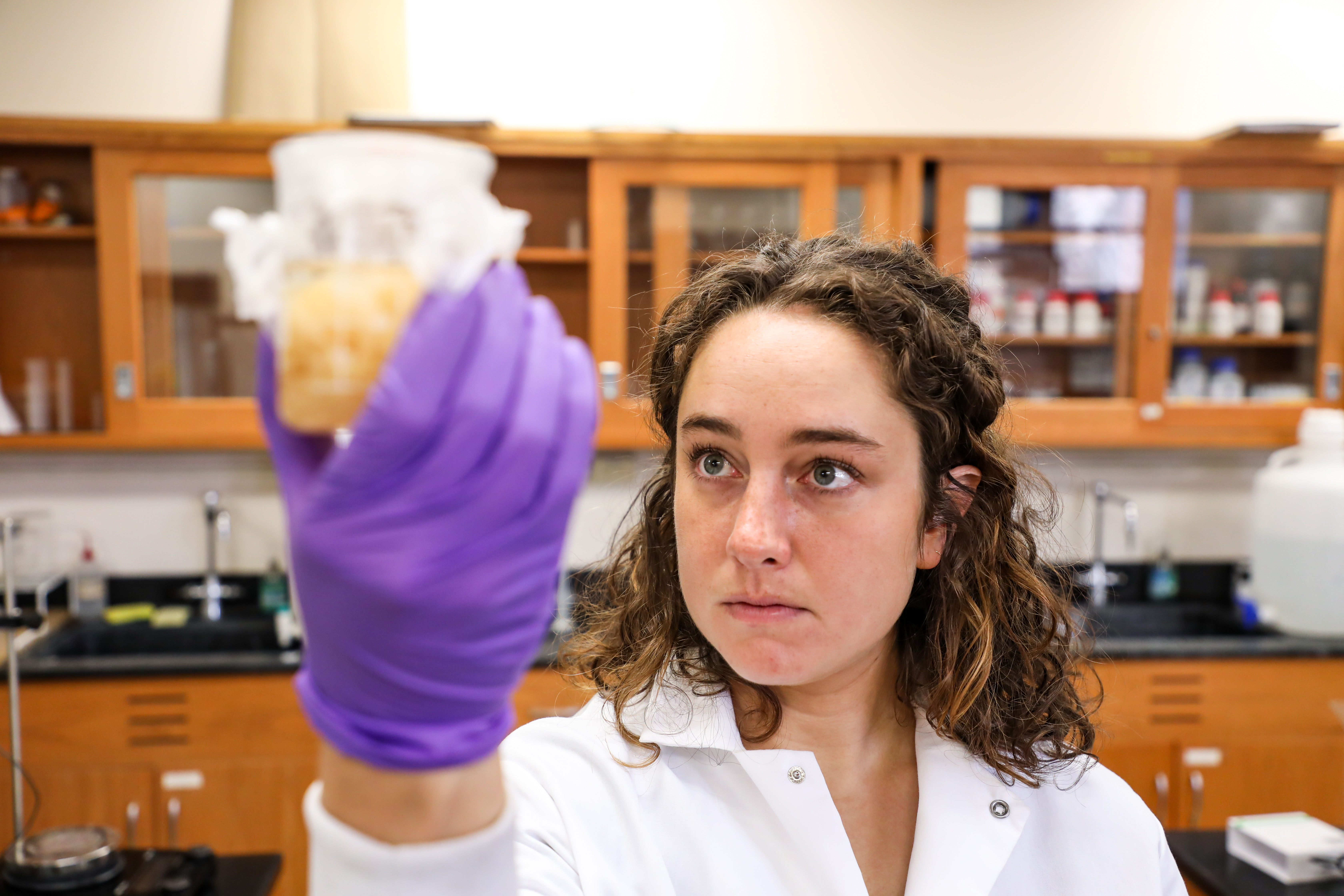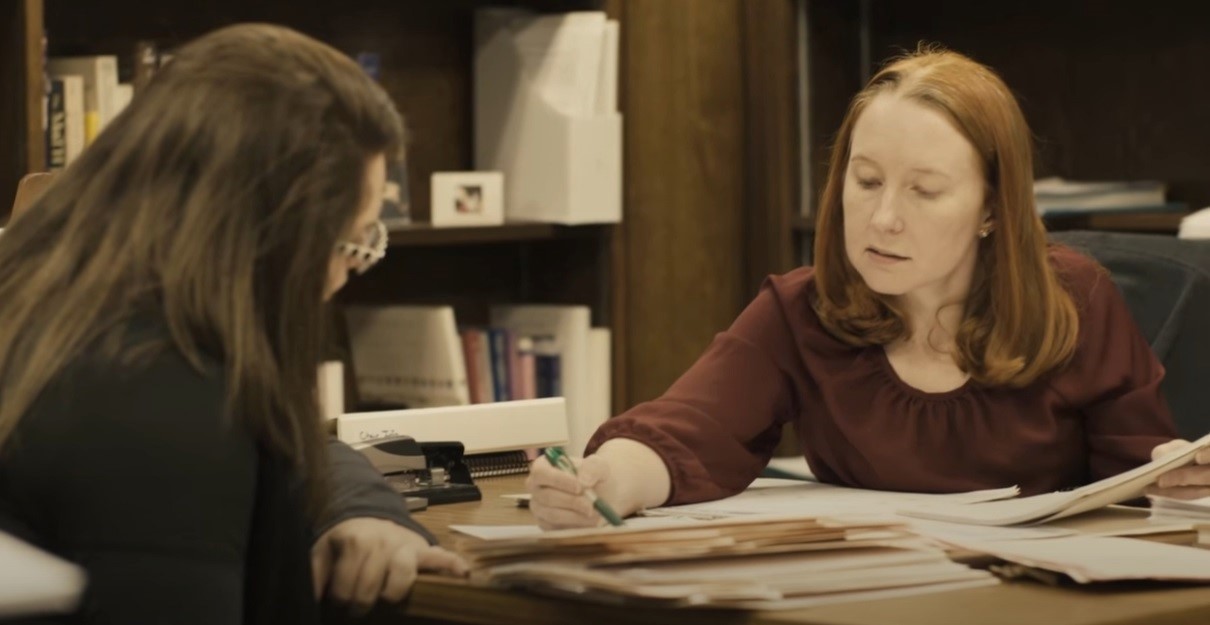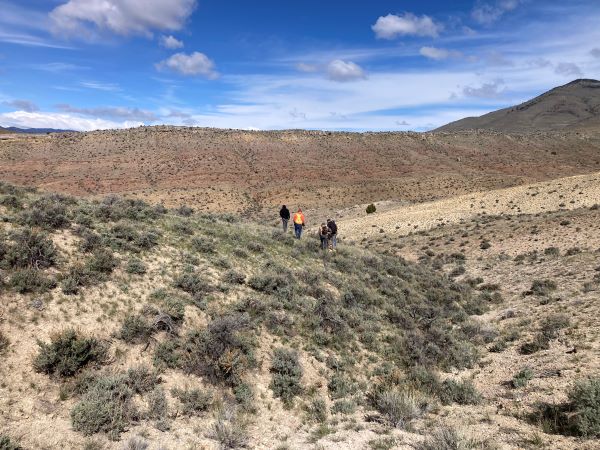Montana Tech Researchers Using Treated Kombucha SCOBYs

Montana Tech researchers find that treated kombucha SCOBYs can filter COVID-19, influenza, and malaria particles from water.
Could kombucha brewing in Montana Technological University’s laboratories hold the secret to saving millions of lives?
A team of dedicated faculty, undergraduate and graduate researchers, funded through a cooperative research program with the DEVCOM Army Research Laboratory (ARL) since 2019, think their discoveries show promise for developing low-cost, biodegradable water filtration membranes that also just happen to be the byproduct of brewing wildly popular kombucha beverages.
If successful, the Project could help save millions of lives.
The World Health Organization estimates that 3.5 million people die from water-related diseases yearly. That’s why Oredigger researchers were excited when they first realized that the symbiotic culture of bacteria and yeast, also known as a SCOBY, that grows on top of and ferments kombucha, could be used to filter out harmful bacteria. The living membranes were found to perform just as well as commercial membranes at removing harmful microbes from Montana streamwater, but also outperformed the commercial versions by having greater resistance to biofoul. Biofoul is the accumulation of microorganisms on the membrane, that negatively impacts the membrane’s ability to filter. Commercial membranes are also much more expensive than living membranes grown using three cheap and readily accessible materials: tea, sugar, and SCOBY.
According to Environmental Engineering Professor Kumar Ganesan, the research is funded by the Army because it may eventually lead to practical uses on the battlefield. “If you are on the battlefield, and you need to filter water, you can grow your own membrane,” Ganesan said. “They can grow the membrane right there. You don’t have to have a big lab or anything shipping things to you, you just have to do some simple kombucha stuff.”
Emily Rutledge graduated with her M.S. in Environmental Engineering from Montana Technological University in May after defending her thesis, which explored what happens when the SCOBYs are treated with citric acid. Rutledge initially thought that she might be able to prevent delamination in the membranes. Right now, one of the most significant drawbacks to the membranes is that they only last about 10 days before delaminating. Her hypothesis failed at preventing the delamination, but another important discovery was made.
“It improved the overall filtration characteristics of the membranes,” Rutledge said. “They filter water faster, and they filter smaller particles now with this treatment, so they are optimized.”
Rutledge’s research successfully created membranes with smaller pore sizes that can filter out viruses such as influenza, COVID-19, and malaria. The treatments also created uniformity in the pores of the membrane, which is important if the membranes are ever to be used commercially. The results caused Rutledge to hypothesize that the treated SCOBYs might hold potential for filtration beyond water.
“I think it could be interesting to see how these membranes could be used if they were put into a dry option, like a biodegradable mask,” Rutledge said.
This research, initiated in 2019 by Katherine Zodrow and continued under the direction of David Hutchins in 2021, is now the responsibility of Dr. Ganesan. He and Professor Jin Yong Choi continued the research this summer with graduate students James Fronk and Conor Sheehy, and undergraduate students Ravyn Goodwin, Gavin Rahl, and Benjamin Schreiber. Ganesan said he would also be open to 1 or 2 high school students joining the team. The Project is about to start the third year of its five-year research program.
“We need more research to prove and confirm these ideas about practical usability,” Ganesan said. “That’s what we are working on now.”



